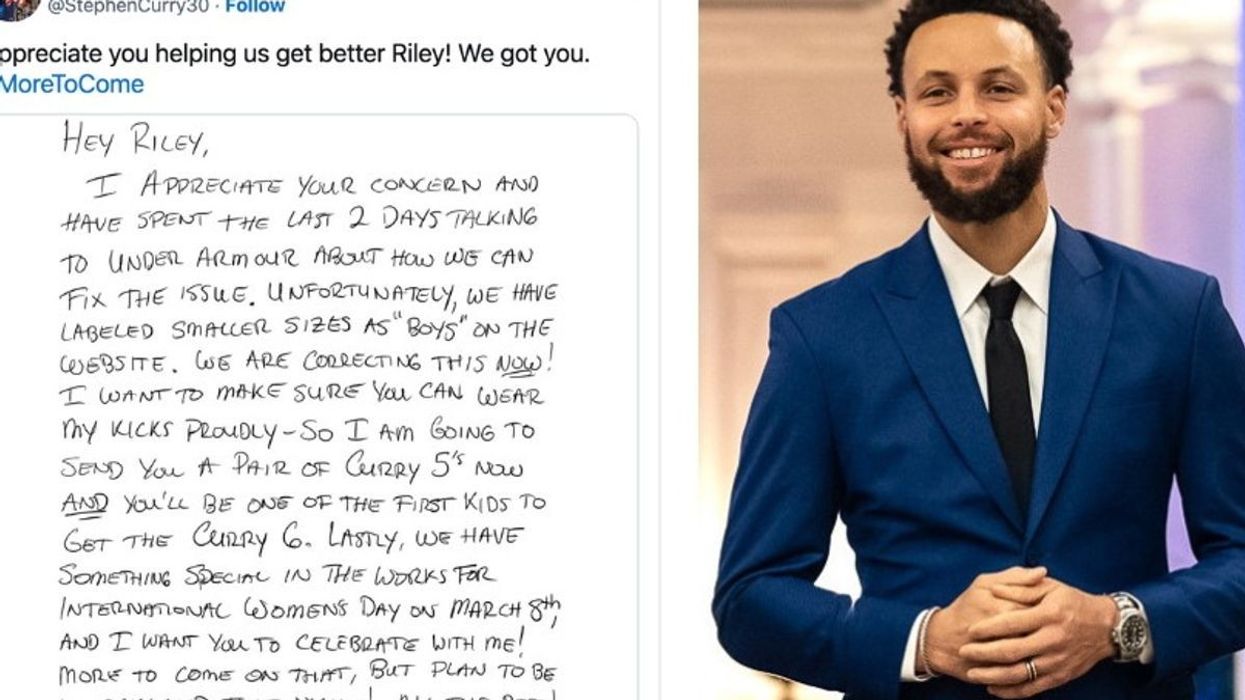The past six months since launching Boba Guys have been a blast for us. As we wrote this post, we were reminiscing about the long nights of tastings, running around the city trying to find straws, and chance encounters with fellow food entrepreneurs. To say that this experience has been a dream come true would be an understatement.
Now, we are faced with our first major pivot. Our proof-of-concept period is over and we need to behave like a real, sustainable business. We thought we’d write our second-to-last post about our vision of our future and open up our entire hand—it is our way of thanking the GOOD community, especially for all of you who have stopped by to chat or emailed us about starting your own business.
After over six solid months of iteration, we are confident that a market for high quality bubble tea and other "chewable drinks" exists. Unfortunately, the food category and nature of the product—tapioca pearls last only a few hours—forced us to come to grips with the mechanics of our business. Andrew, along with our mentors, spent hours trying to find a sustainable business model should we ever branch out into a physical space. Around this time, we came across this article about the coffee industry that included eye-opening insight from one of our biggest inspirations, Blue Bottle Coffee. A common thread began to appear: volume vs. assortment.
In an effort to end with a bang on our transparency, we wanted to leave the public with a rough idea of how our business works and give entrepreneurs out there another data point when deciding to pursue a food startup. Not everyone wants to dig into the numbers, but we will highlight a several points:
- After much tinkering, we reluctantly conceded that our business needs either a faster way to scale in volume, like finding more customers by catering, or supplement our product with alternative revenue streams, like selling food products such as egg puffs or kaya toast.
- A full-service establishment is very risky given the high fixed costs. We have a separate sheet just to calculate overhead—to continue off of last week’s entry, if we put in the ideal rent and permitting fees, we would still be unprofitable on a per location basis.
- Efficiencies exist in the model: If we sell more per day than expected, our margins will get better. We still need to sell A LOT more.
We have also considered other business models such as licensing/franchising, bakery model (i.e. drop off boba kit to serve every day), or joining forces with other startups like us. As of today, we are not yet certain of which path we will take.
Some people have suggested that we improve margins by using cheaper milk, buying premade syrup, or raising our prices to offset the laborious preparation for tapioca. While those are legitimate solutions from a financial perspective, it ultimately goes against the mission of our business: "Bring the world quality boba milk tea." The counterpoint to our logic is more money can expand to the masses more quickly. As employees of larger businesses, we understand this logic; but as entrepreneurs who have a clear vision of what our ideal business should be, we cannot make compromises. It does us no good if we bring the masses a suboptimal product—something the world has already seen.
It all comes down to our answer to the profit problem. We decided against operating like a not-for-profit. Simply put, it would be very hard to achieve our mission if we dismiss conventional wisdom about how to run a business. However, we vowed to adhere to our ideals of what responsible businesses do. We admire businesses whose existence makes the community and those around them better. Yes, we sell bubble tea in a tiny corner of the United States, but if we can find a way to make our business work, so can others.
We wanted to end with our vision of the future. Food will always be the gateway to culture, so our dream is to see more diversity in food across the nation. Over the past six months, we connected with food entrepreneurs across the country with a similar story. Although the startup costs are rarely as astronomical as they are in our home in the San Francisco Bay Area, the initial proof-of-concept and build-out phase are two of the biggest hurdles to starting a new food business. As we evolve into a more localized mash-up food culture, removing these barriers will be critical for food innovation… and American culture. We hope the next generation of food incubators can help solve these problems!
The Boba Guys share their adventures in food enterprise every Monday.













